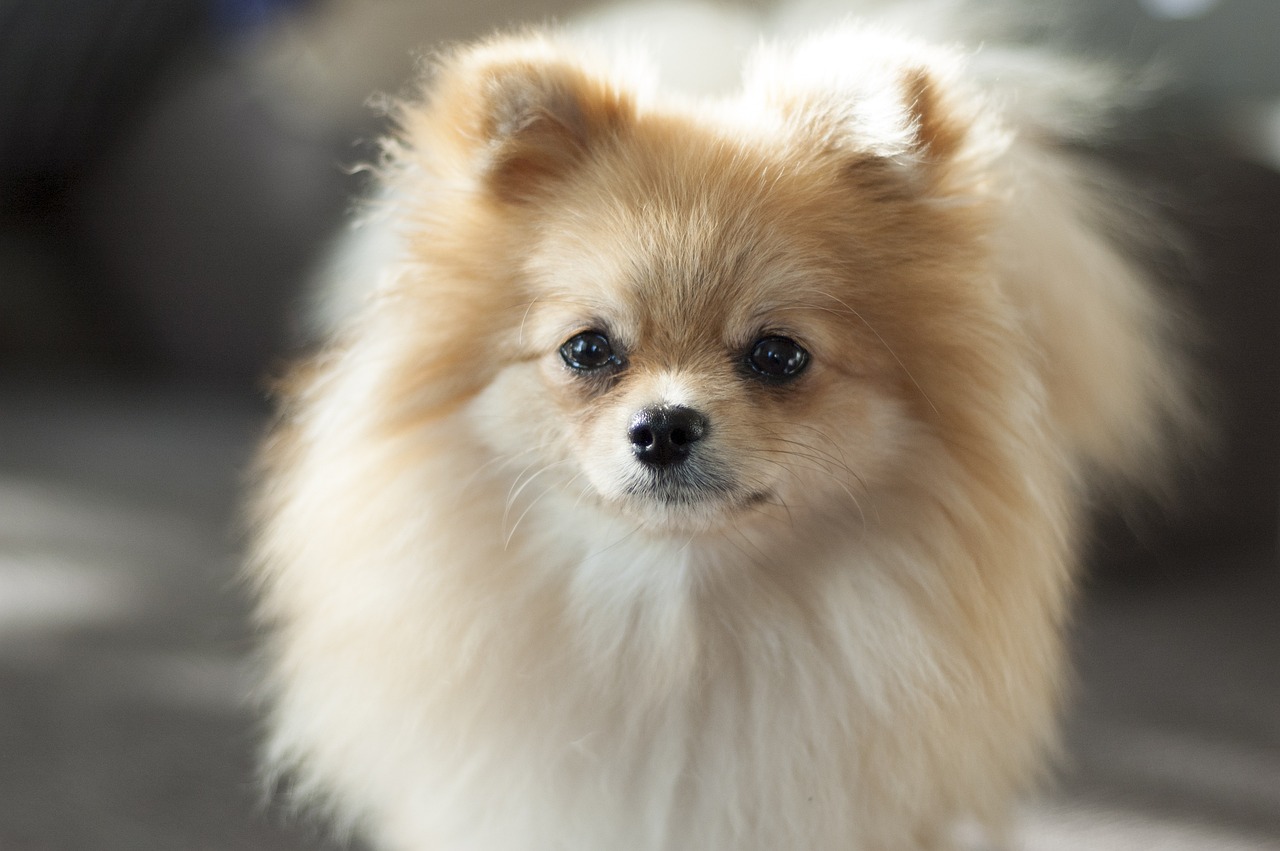I’ve been a long-time owner of Pomeranians, and I’ve seen firsthand how these dogs are often misunderstood. There are many myths and misconceptions about Pomeranians, and I’m here to set the record straight.

Myth #1: Pomeranians Are Yappy
This is probably the biggest myth about Pomeranians. In reality, Pomeranians are not always yappy. They only bark when they are excited, bored, or trying to communicate something. If you train your Pomeranian from a young age to bark only when necessary, you can minimize the amount of barking in your home.
Myth #2: Pomeranians Are Not Good With Children
This is simply not true. Pomeranians are actually very good with children. They are gentle and patient, and they love to play. Pomeranians are also very adaptable, so they can adjust to households with children of all ages.
Myth #3: Pomeranians Are High-Maintenance
Pomeranians do require a fair amount of grooming, but they are not as high-maintenance as some people think. They need to be brushed regularly, and they may need to be trimmed or groomed professionally every few months. However, they do not require as much exercise as some other breeds, so they can be a good choice for people who live in apartments or small homes.
Myth #4: Pomeranians Are Expensive
The price of a Pomeranian can vary depending on the breeder, the dog’s lineage, and the dog’s age. However, in general, Pomeranians are not as expensive as some other breeds. You can find Pomeranians for sale for anywhere from a few hundred dollars to a few thousand dollars.
Myth #5: Pomeranians Are Hypoallergenic
Unfortunately, Pomeranians are not hypoallergenic dogs. They do shed, and they produce dander, which can trigger allergies in some people. If you have allergies, it is important to do your research before getting a Pomeranian.
Conclusion
Pomeranians are wonderful dogs that make great companions. They are loving, gentle, and intelligent. However, they are often misunderstood and misrepresented. I hope this blog post has helped to dispel some of the myths about Pomeranians.
 Toledo, United States.
Toledo, United States.